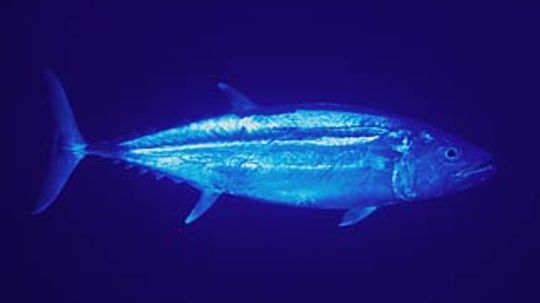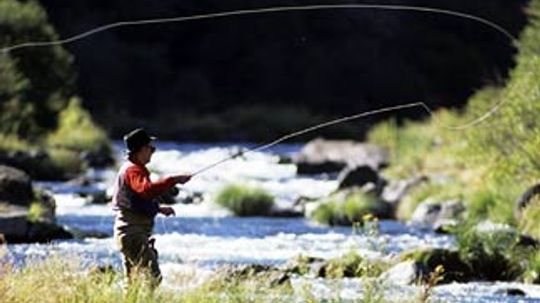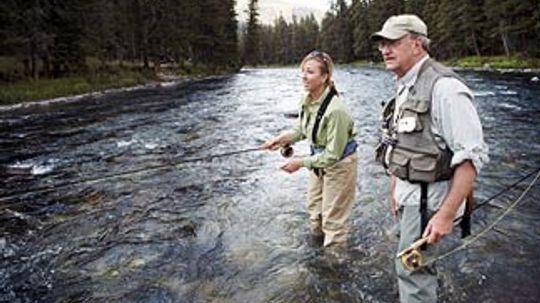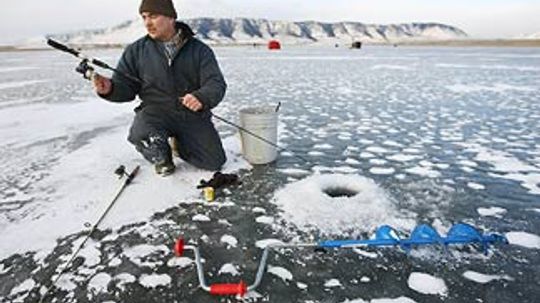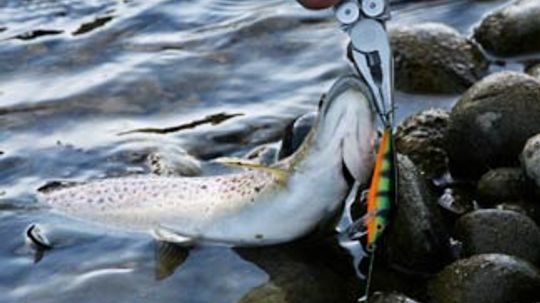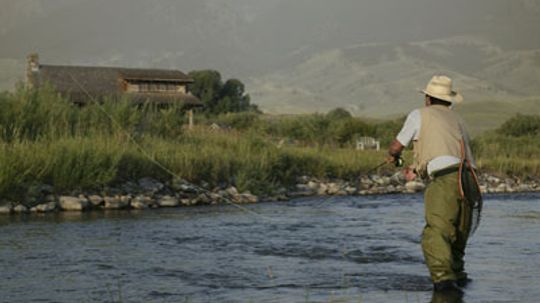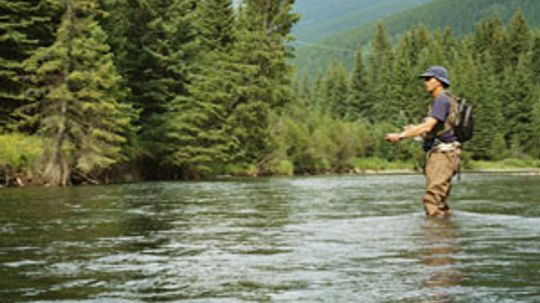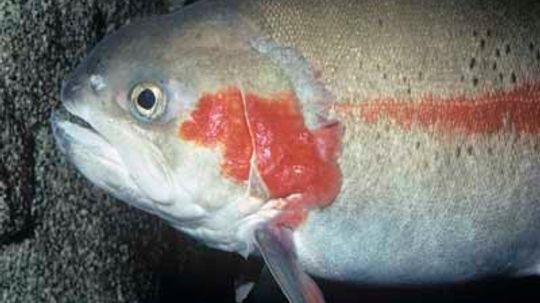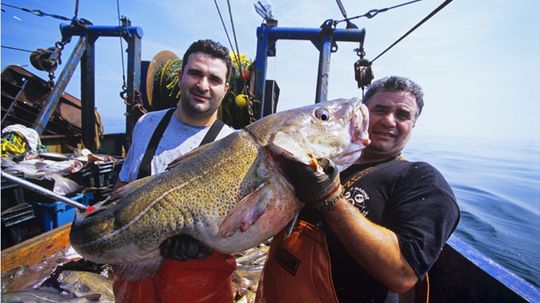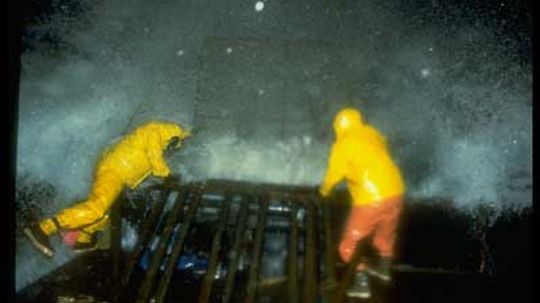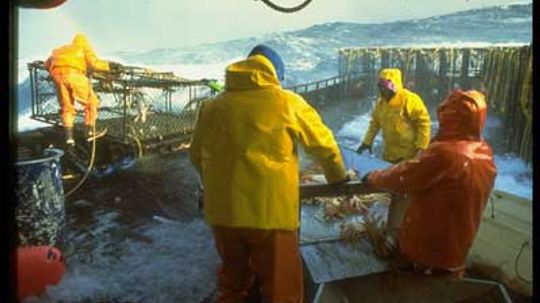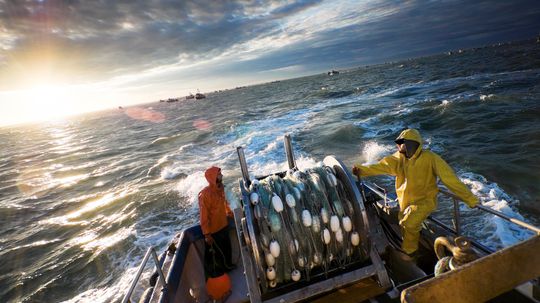Responsible Fishing
Responsible fishing is important to the future of the sport. Responsible fishing protects the fish and the waters they swim in. Fishing responsibly can help ensure that future generations can enjoy the sport as well.
Learn More
That red snapper you're enjoying for dinner might well be tilapia since 87 percent of snapper in the U.S. is mislabeled. Why is fish fraud so widespread?
By Melanie Radzicki McManus
Not exactly known for being the most attractive fish in the sea, the dogtooth tuna has, in recent years, become increasingly sought after by sport fishermen seeking a challenge.
If you've ever watched a fly fisherman wade into the river and begin to dance his glinting line above the rushing water, you've probably developed an envy of his art -- not to mention his gear.
Advertisement
When you saw the words "helicopter fishing," you probably assumed we were going to tell how to emulate "Madman of the Sea" and "Man vs. Fish" host Matt Watson's feat of diving from a chopper into the Pacific Ocean and landing on the back of a big marlin.
There's no standard rule of thumb for what kind of person might undertake the sport of ice fishing, aside from being able to deal with bitterly cold weather.
Catch-and-release is becoming more and more popular among fishermen who want to make sure the fishing in their favorite spot remains good. It's the purest sort of fishing, practiced by anglers who enjoy the thrill of the fight but want to give a worthy adversary the opportunity to go on living -- and perhaps to fight the line another day.
Different bait works for different fish and different fishing locations, so it's important to know how to choose your bait when fishing. Learn how to choose your bait when fishing in this article.
By HowStuffWorks.com Contributors
Advertisement
The wilderness is known for its lack of grocery stores and restaurants, so if you accidentally wander off into the woods without a trusty tool like a fishing pole, knife or gun -- are you out of luck? Or is there a way to keep your belly full?
By Jessika Toothman
In some cases, you're not doing the fish population a favor when you release a fish back into the water. How do you know which fish to keep and which to return?
By Charles W. Bryant
Many fishermen release the fish they catch. But those fish don't always survive their battle wounds. It takes special skill to help a fish back into the water. How do you do it?
By Charles W. Bryant
People once fished to their hearts' content in the United States, due to the abundance of fish and relative lack of fisherman. Unfortunately, population growth and decreased supply led the government to require a license to fish.
By Josh Clark
Advertisement
If your idea of bait is a harmless little worm, think again. Some fish bait contains viruses that infect entire lakes and rivers, causing skeletal deformation and even death for the fish that eat it. What happens if you eat one of these fish?
By Cristen Conger
When you accidentally step on a puppy's paw, it yelps. If you stub your toe, you yelp (or mutter a four-letter word), too. What about fish? Does it hurt when they get hooked? How can we tell?
By Cristen Conger
When you compare the environmental effects of sport fishing to the impact that commercial fishing has, recreational anglers don't make too much trouble for Mother Nature. But are there ways to lessen their stamp on marine environments? You betcha.
By Cristen Conger
They're not green and they don't have horns. But crew members sometimes haze them into biting the head off a dead herring. Who are these novice fishermen?
By Debra Ronca
Advertisement
Out on the frigid and treacherous sea, a crab boat is certainly nowhere near a grocery store or a hospital. What's aboard to keep this floating community operating?
By Amy Hunter
Fishermen literally risk life and limb to haul in millions of tons of seafood that ends up on our dinner plates. Why would anyone risk death for snow crab?
By Cristen Conger

